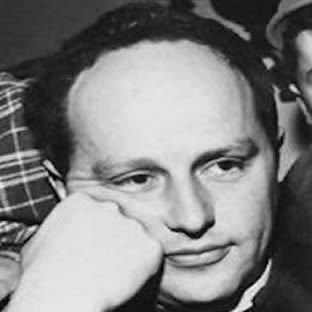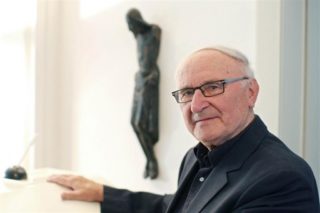Don Lorenzo Milani[1]. A cento anni dalla sua nascita, vale la pena ricordare questo fratello di cammino. Sono questi esempi, come altri, che lo Spirito suscita nella storia, che continuano a dare credibilità alla vita cristiana quando diventa vangelo incarnato. Una vita credibile perché ha saputo ascoltare e rispondere alla realtà che i cambiamenti della sua stessa vita richiedevano e alle trasformazioni della vita degli altri, soprattutto dei bambini e dei giovani e di una Chiesa e di una società che avevano bisogno di gesti e di parole profetiche per rendersi conto che sempre ci sono alternative, altri modi e stili di vita che ci umanizzano e ci liberano dalla schiavitù costante, esplicita o nascosta. Ricordiamo l’anniversario della sua nascita senza dimenticare che a causa di una grave malattia, il morbo di Hodgkin, di cui soffriva da anni, Don Lorenzo, si spense a soli 44 anni. Basterebbe vedere le vite concrete che la sua testimonianza ha generato, tante sono le testimonianze che si ascoltano ancora oggi; i suoi gesti e le sue parole trasmesse nelle sue opere, e in un buon numero dei suoi scritti e altri che lo ricordano; i film realizzati in sua memoria, per comprenderne la significatività….
The Gospel reading of the Man born blind is easily my favorite Scriptural text (John 9. 1-41). Notice how it starts without the man asking for anything. Instead, while his disciples are wondering why the man is born blind, Jesus puts mud on the poor man’s eyes, and tells him to wash. The man returns cured. But that’s just the beginning of the story. In the meantime, Jesus exits. The leaders want to know how did this man get cured. Here’s where things get dicey for the man. By the end of the story, his frightened parents distance themselves from him and the temple leaders expel him. He’s off on his own. Throughout the text, he’s incredibly impressive, testifying on his own, on each occasion, with greater confidence about who Jesus is and what Jesus has done for him. By the end he has grown in such courage, wisdom, and faith that he turns the tables and begins to question those questioning him. It’s a tour-de-force for the man born blind. But he gets thrown out of the Temple. Finally Jesus returns, having learned that the man born blind has been expelled. He finds the man and reveals…
El 2 de diciembre de 2019, murió un gran teólogo-profeta del siglo XX, Johann Baptist Metz (1928-2019), con él aprendimos que no se podía hacer teología a espaldas de Auschwitz, porque aquel holocausto cargaba con la fuerza simbólica de ser ese dolor silente de todos los pobres y explotados del mundo, así nos enseñó a hacer teología en diálogo, crítica, profética, sapiencial, una teología que se hacía cargo de su responsabilidad ante Dios y de cara a la historia (des)humana. Nos enseñó a que no se podía hacer una teología impasible, cómplice y burguesa, pues debía ser siempre memoria subversiva, peligrosa, que se atreviese a sacudir las consciencias y abrir senderos de futuros posibles. En fin, nos impulsaba a superar la crisis secular, asumiéndola y llevándola a senderos inesperados de humanidad plena, en interrelación con todas las tradiciones religiosas y culturales. En este contexto de memoria agradecida y comprometida, nos cae esta frase de nuestro título pronunciada por el papa Francisco, en el Discurso con ocasión del 50° aniversario de la Comisión Teológica Internacional (29.11.2019), es una afirmación que interpela a todo quehacer teológico. «Teología bella», esplendor que atraiga y no que ciegue y obnubile, siempre con sabor y…



